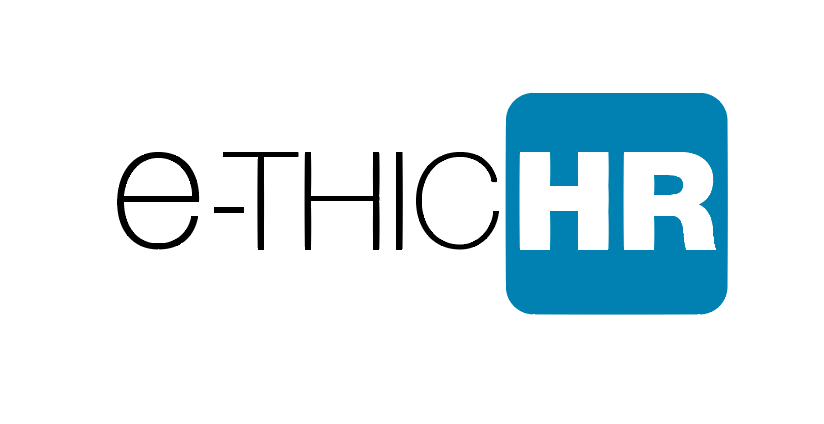When I was growing up as something of a surly youth way back when, I had my own idea of what I wanted and what the world owed me. But, I soon found out that in order to get on in life, and in work, you need a degree of flexibility rather than a set of immovable expectations around which employers need to lightly tread. The difference is of course, back then we didn’t as a generation have a voice as such. There was no such thing as blogging or social networks. We just got on with either conforming or watching from the sidelines. Nowadays however, not a day passes by without reading about how this generation is different and how they need to be treated differently. But are they, and do they?
I’m not just saying it because I am now older and wiser, but the notion that employers need to wise up to the ‘modus operandi’ of Gen Y is frankly a load of nonsense! Why? Because every established business has its own unique environment and is made up of a mix of ages, ethnicities, cultures and personalities. Getting your foot in the door and your feet under the desk demands the ability to adapt, to say the right things, act the right way and come across as someone they want to employ. Having a preconceived idea of ‘what Gen Y are’ and a wish list in your head about the way you want to work akin to the crazy demands of a kidnapper hostage situation is madness and doomed to failure (although a company helicopter in year 2 should I hit all my targets would be nice).
Back to my surly youth again, and I recall my first experience of work in the real world to be an eye opening experience that required me to ditch my badly thought through theory very quickly and get into line with reality. And the reality is that there’s no room for anyone in a business who thinks the world owes them a living or that conditions have to be just so in order to satisfy the ideology they have read about in a thousand and one blogs on the subject of Gen Y and what they want.
